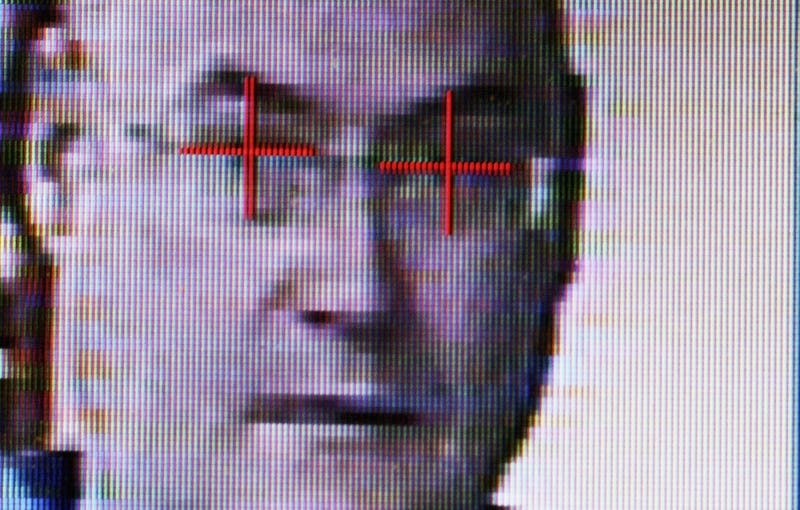
Facial recognition tech is proliferating worldwide. Even a city steeped in history as uniquely as New Orleans is seeing a large uptick in the use of facial recognition. It feels dystopian and intrusive to some. People have pointed to the technology as an expansion of a “surveillance state” while many leaders point to crime prevention and better criminal prosecution as reasons to invest in facial recognition cameras.
Loyola Law Professor and former NOPD Police Chief Ronal Serpas joined WWL’s Tommy Tucker to discuss the widespread use of the technology. Opponents of facial recognition have pointed to previous biases based on race where mismatches have occurred. “Facial recognition is not what it is ten years ago where there were tremendous amounts of bias built into the algorithms based on race. I think most of the scientific community has eliminated that as a threat,” Serpas emphasized.
While Serpas says that he understands people being wary and perhaps even nervous about the proliferation of facial recognition, he tried to point out while speaking to Tommy Tucker that there’s not as much to be fearful about as some might believe. “Facial recognition is like a fingerprint or DNA. It can only be used in terms of identification. They cannot prove behavior, intent, or manner of actions,” Serpas illustrated. “It’s not right to say that a police officer would arrest you based solely on your face being recognized on a camera. Almost no judge would even sign off on that. It would have to be a combination of (your face) being recognized by a camera along with a fingerprint, DNA, and a motive. That still has to be proven as well,” explains Serpas.
For opponents of the cameras, Serpas also pointed out that facial recognition can also be used to exonerate the innocent. “If it can’t possibly be Tommy’s face and it’s actually Ron’s face, we eliminate looking at Tommy. It eliminates many people from being investigated by a police department.” While data hasn’t shown the implementation of facial recognition cameras to lower crime in any city, Serpas thinks there is inherent value in public perception. “If the public thinks it can help, it’s probably politically wise to embrace that as much as you can. That makes the public feel like they’re participating and supporting (the police department) making them safer,” Serpas added.
